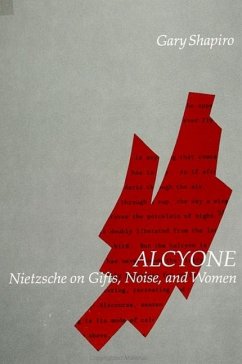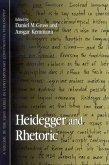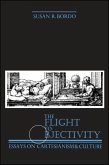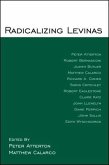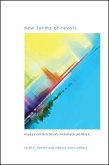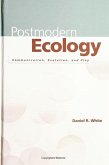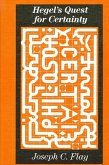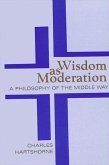Shapiro explores an interrelated series of themes that contest and offer alternatives to some of the traditional concepts of metaphysics. The notion of gift giving and related ideas are seen to play fundamental roles in the economy of Thus Spoke Zarathustra. Shapiro articulates the relevance of Ralph Waldo Emerson, Marcel Mauss, and Georges Bataille for the thought of the gift and shows that Nietzsche's writing contains a conception of an archaic economy that is radically different from the order of property and exchange usually associated with Western metaphysics. This leads to a critique of Martin Heidegger's interpretation of Nietzsche as a philosopher of value. Shapiro reads the fourth part of Zarathustra as the libretto for an anti-Wagnerian, postmodern opera in which food, noise, feasting, and parasitism are the major themes, and in which the thought of eternal recurrence is sung and orchestrated in ways that usually go unnoticed. He demonstrates that the fourth part constitutes a rigorous analysis of the logic of the supplementary and the parasitic. In the final chapter, Shapiro undertakes a reading of the classical texts presupposed by Nietzsche's claim that Zarathustra will not be understood unless one hears its "halcyon tone." By juxtaposing Nietzsche's halcyon with the Homeric version of the myth, Shapiro shows how Nietzsche's appeal to the halcyon evokes a premetaphysical economy and a voice suppressed by ontotheology.
Hinweis: Dieser Artikel kann nur an eine deutsche Lieferadresse ausgeliefert werden.
Hinweis: Dieser Artikel kann nur an eine deutsche Lieferadresse ausgeliefert werden.

